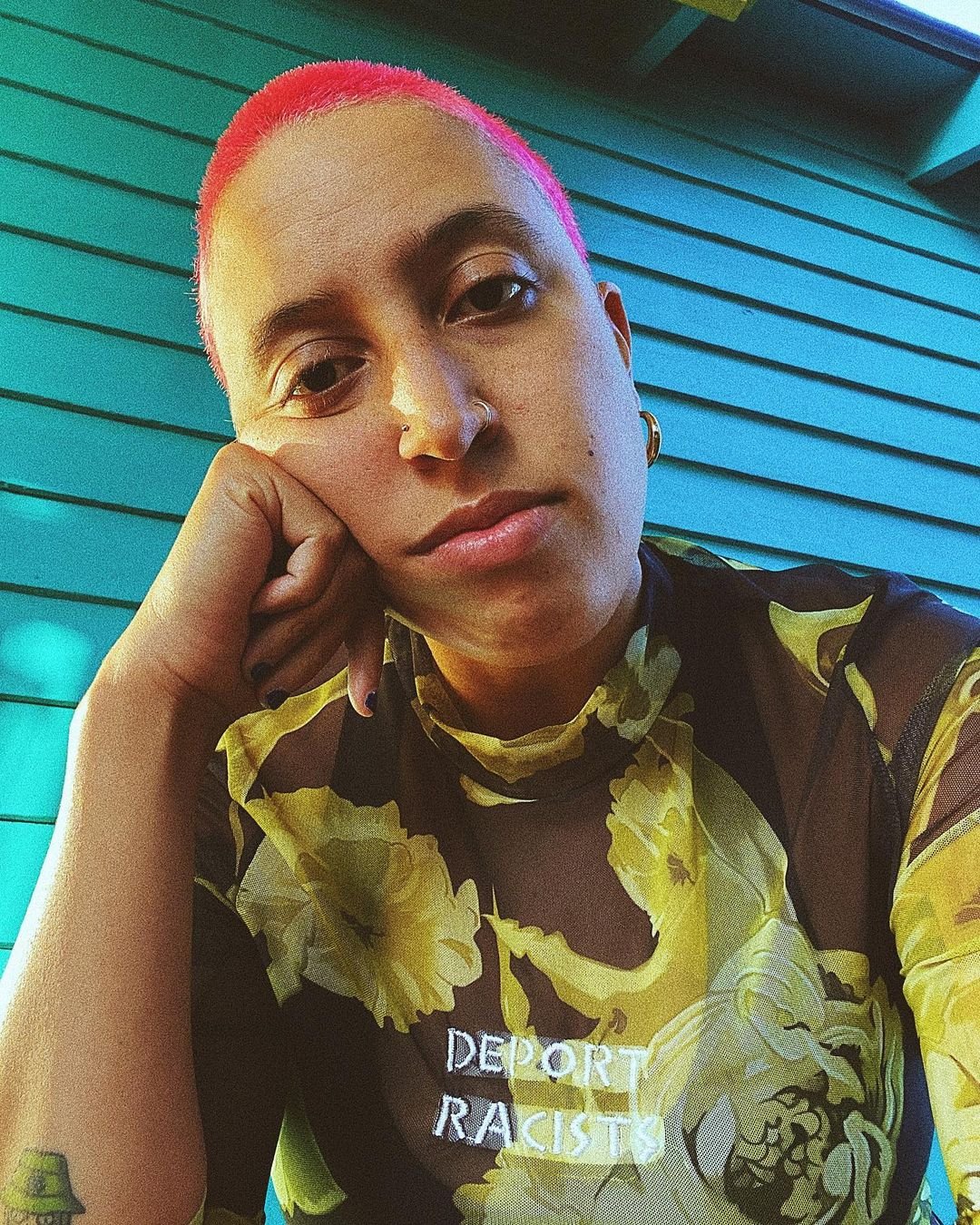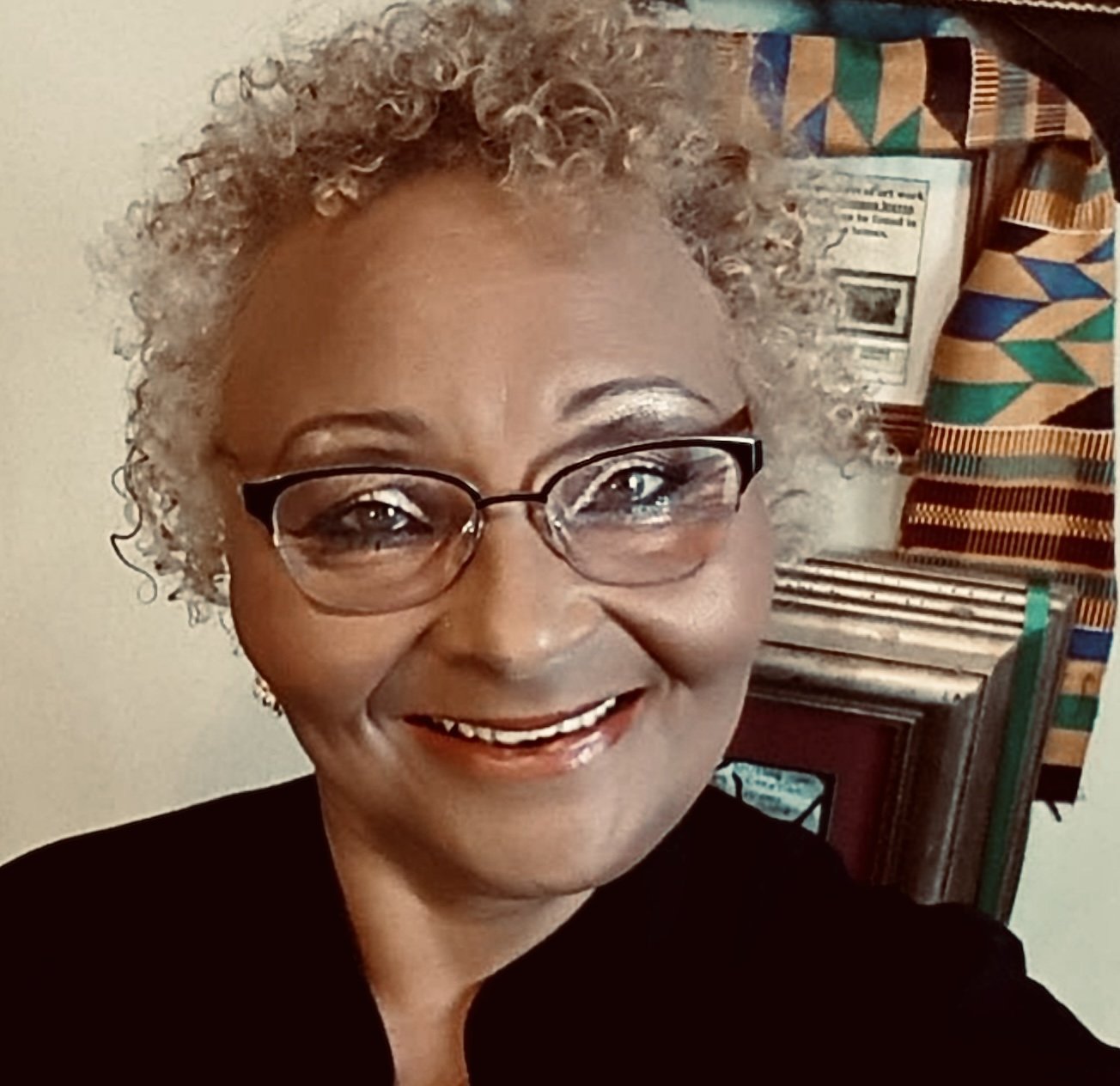Shana m griffin
Shana M. griffin is a feminist activist, independent researcher, applied sociologist, artist, and geographer. Her practice is interdisciplinary and undisciplinary, working across the fields of sociology, geography, public art, and land-use planning and within movements challenging urban displacement, carcerality, reproductive control, and gender-based violence. She engages in research, organizing projects, and art practices that attend to the lived experiences of the black Diaspora—centering the particular experiences of black women most vulnerable to the violence of poverty, incarceration, polluted environments, reproductive legislation, economic exploitation, and housing discrimination. She’s the founder of PUNCTUATE, a feminist research, art, and activist initiative foregrounding the embodied aesthetics and practices of black feminist thought; and creator of DISPLACED, a multimedia and public history project that chronicles the institutionalization of spatial residential segregation through the violence of racial slavery and displacement in New Orleans.
Shana is also the co-producer of Sooner or Later, Somebody's Gonna Fight Back, a documentary and multimedia project on the Louisiana State Chapter of the Black Panther Party; collaborator with Gallery of the Streets, a global network of artists, activists, and scholars; and co-founder Jane Place Neighborhood Sustainability Initiative, the first community land trust in New Orleans.









